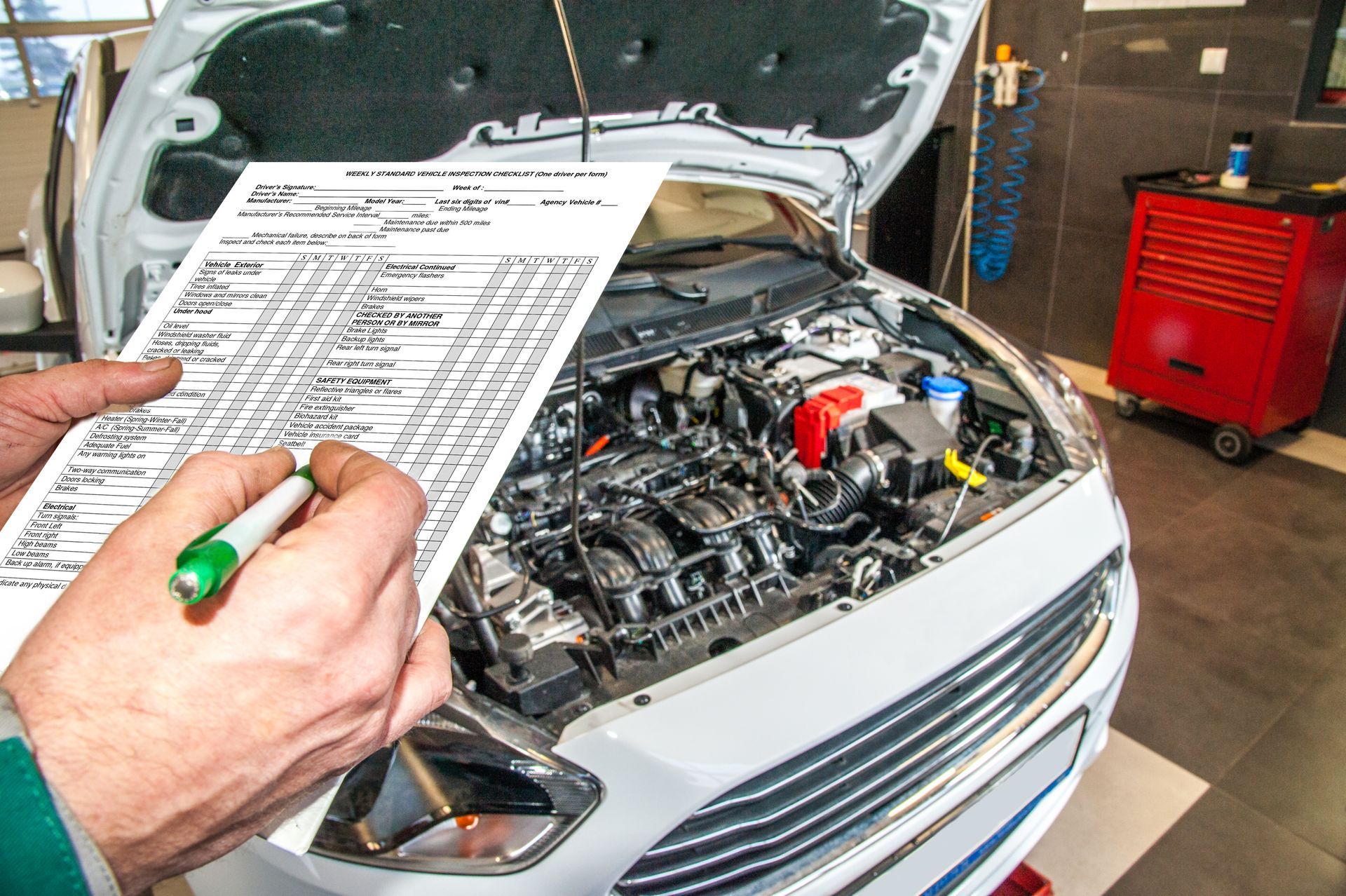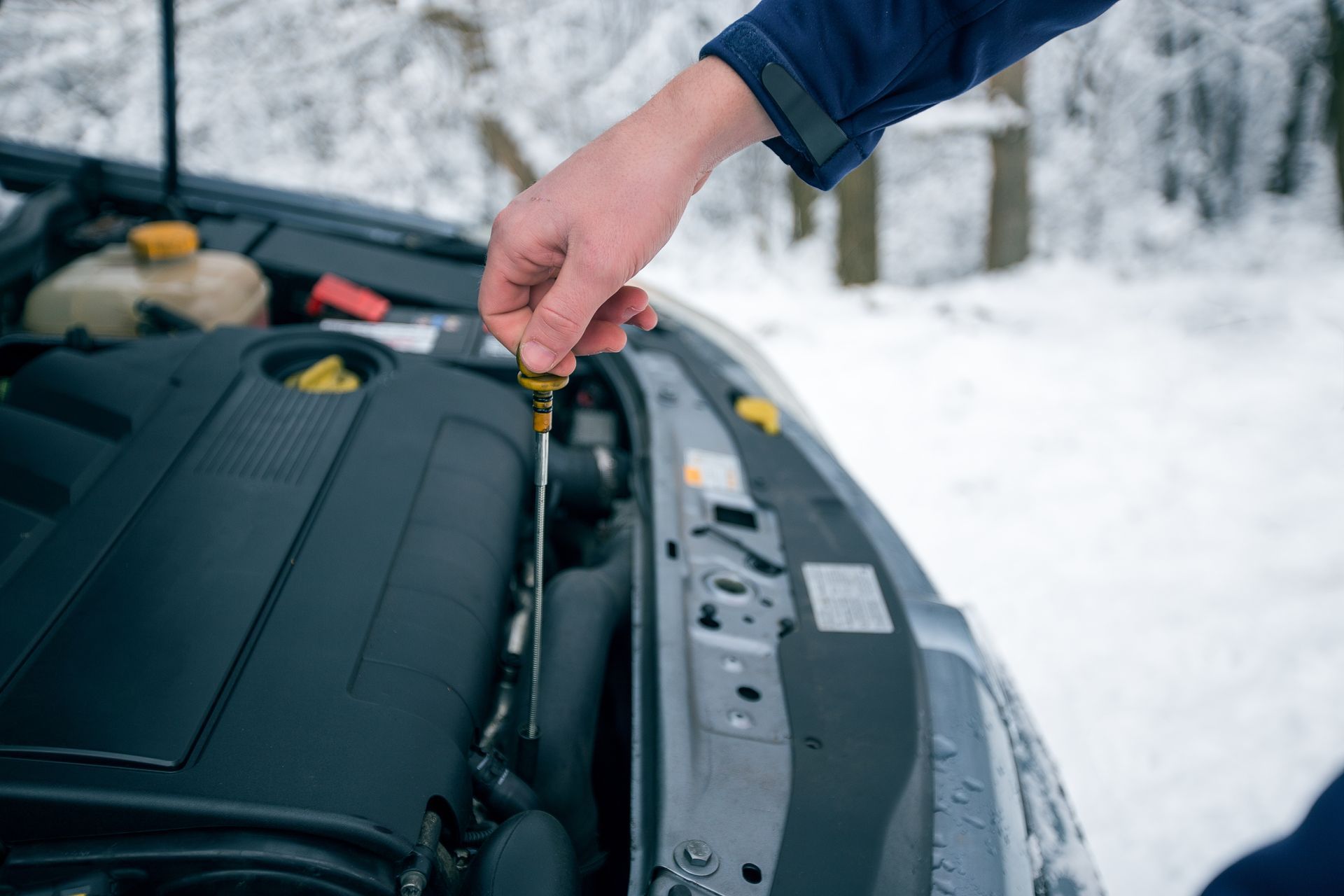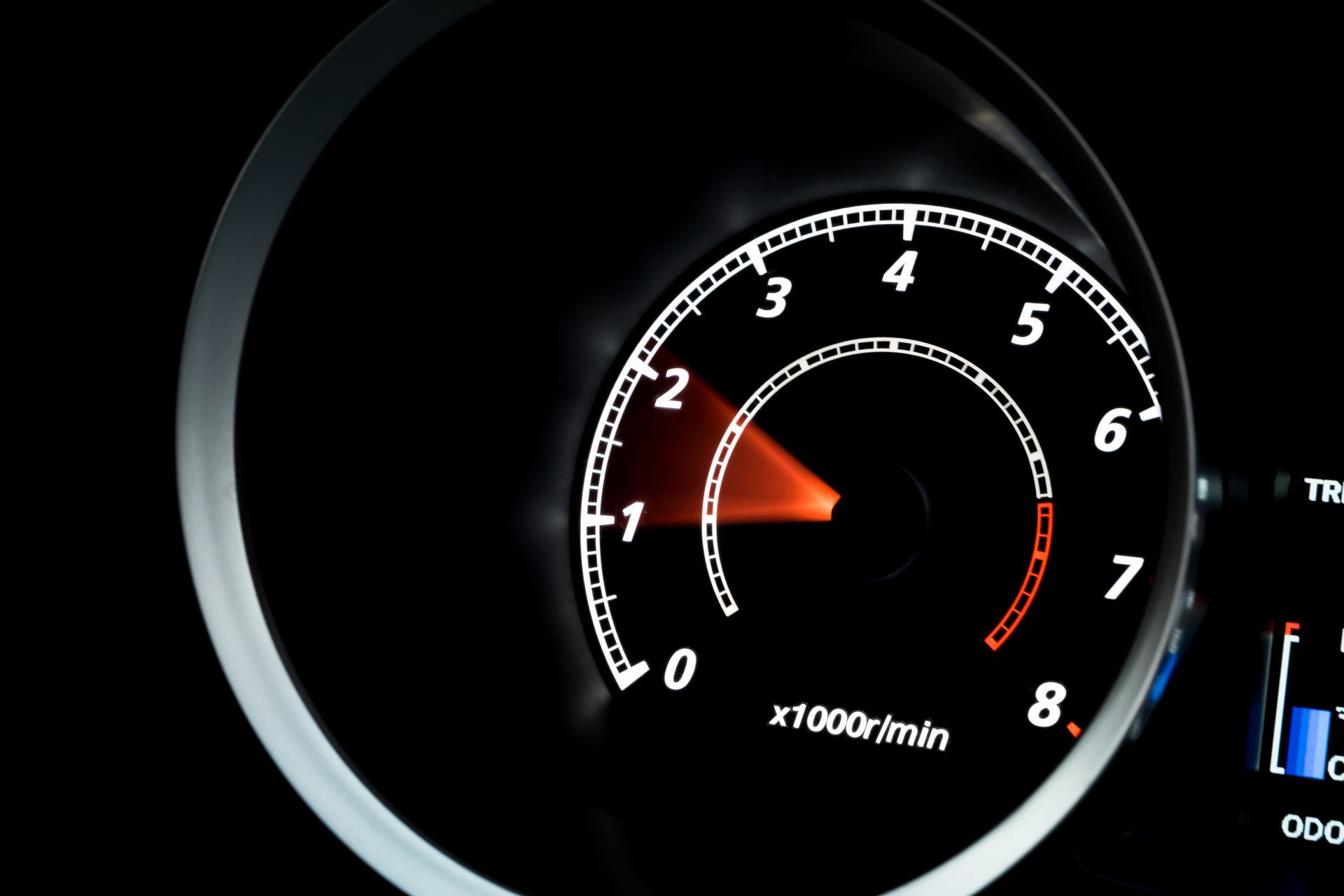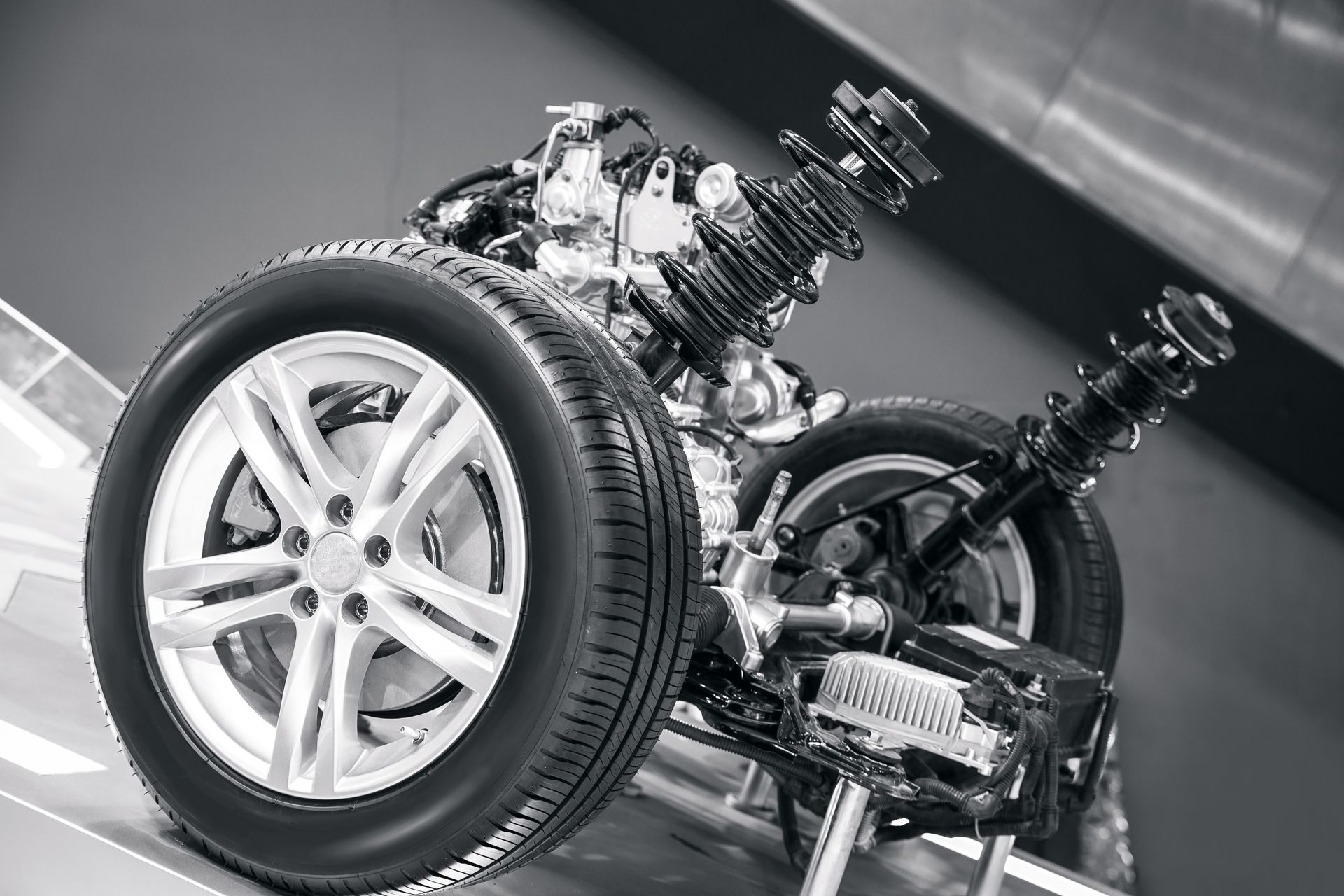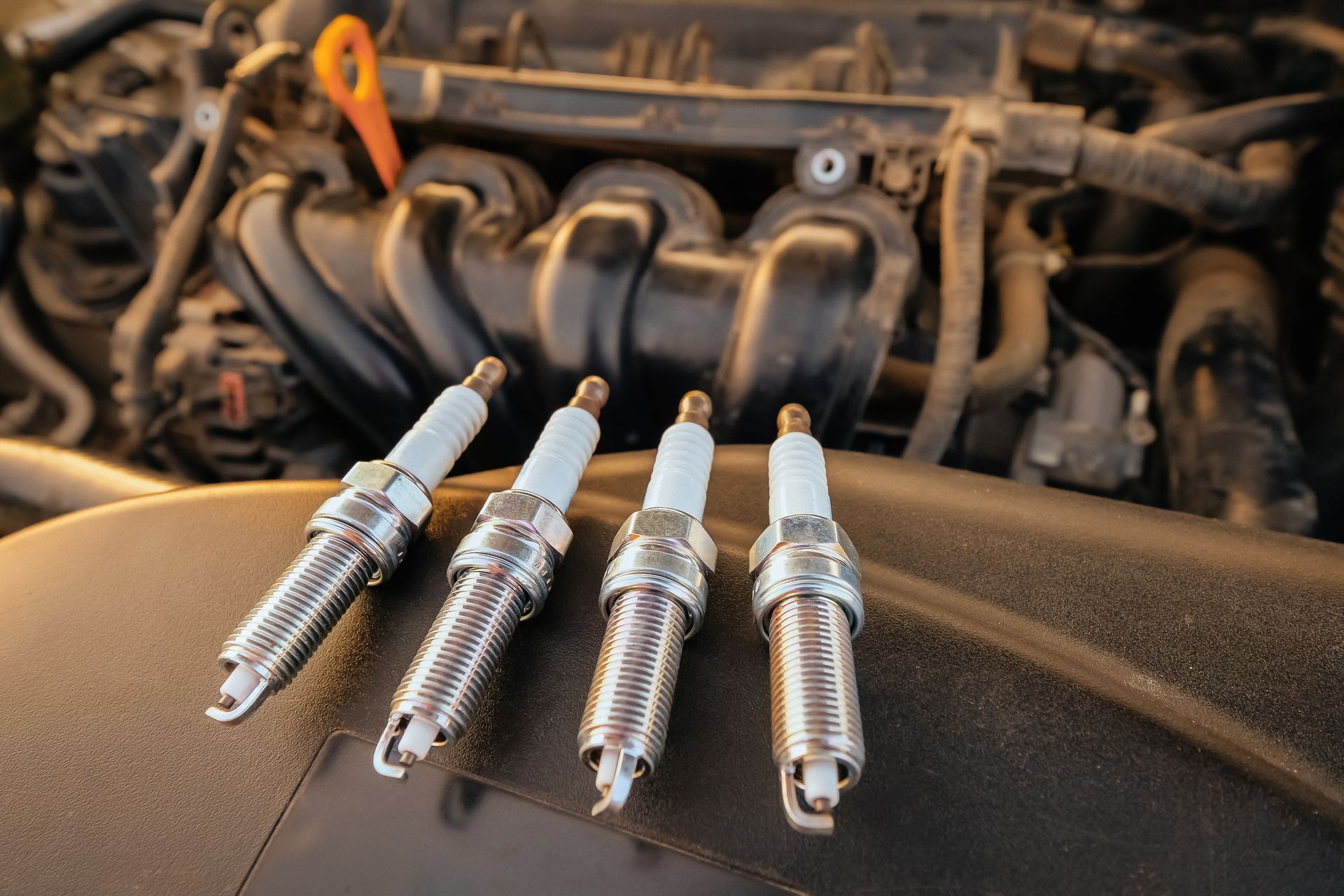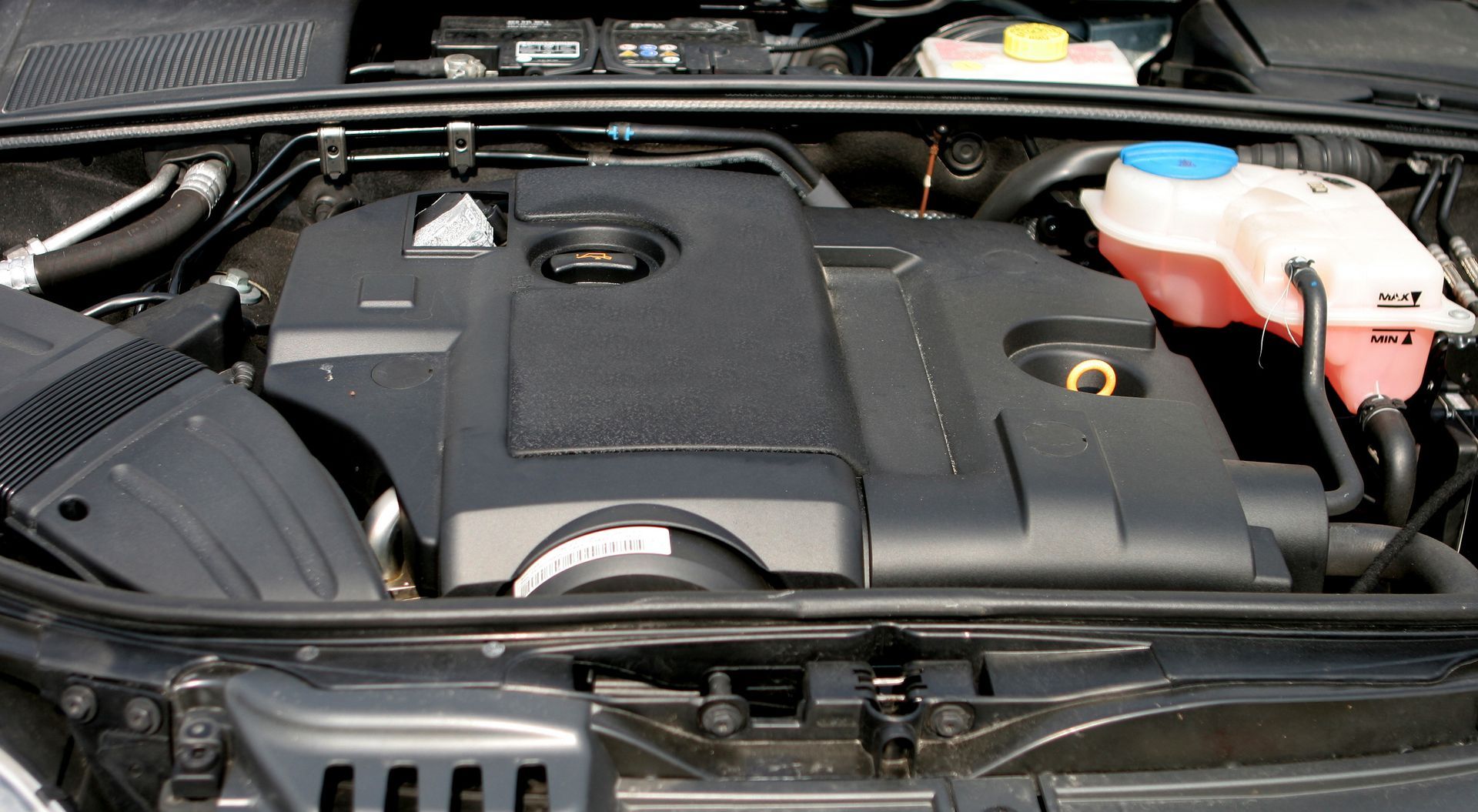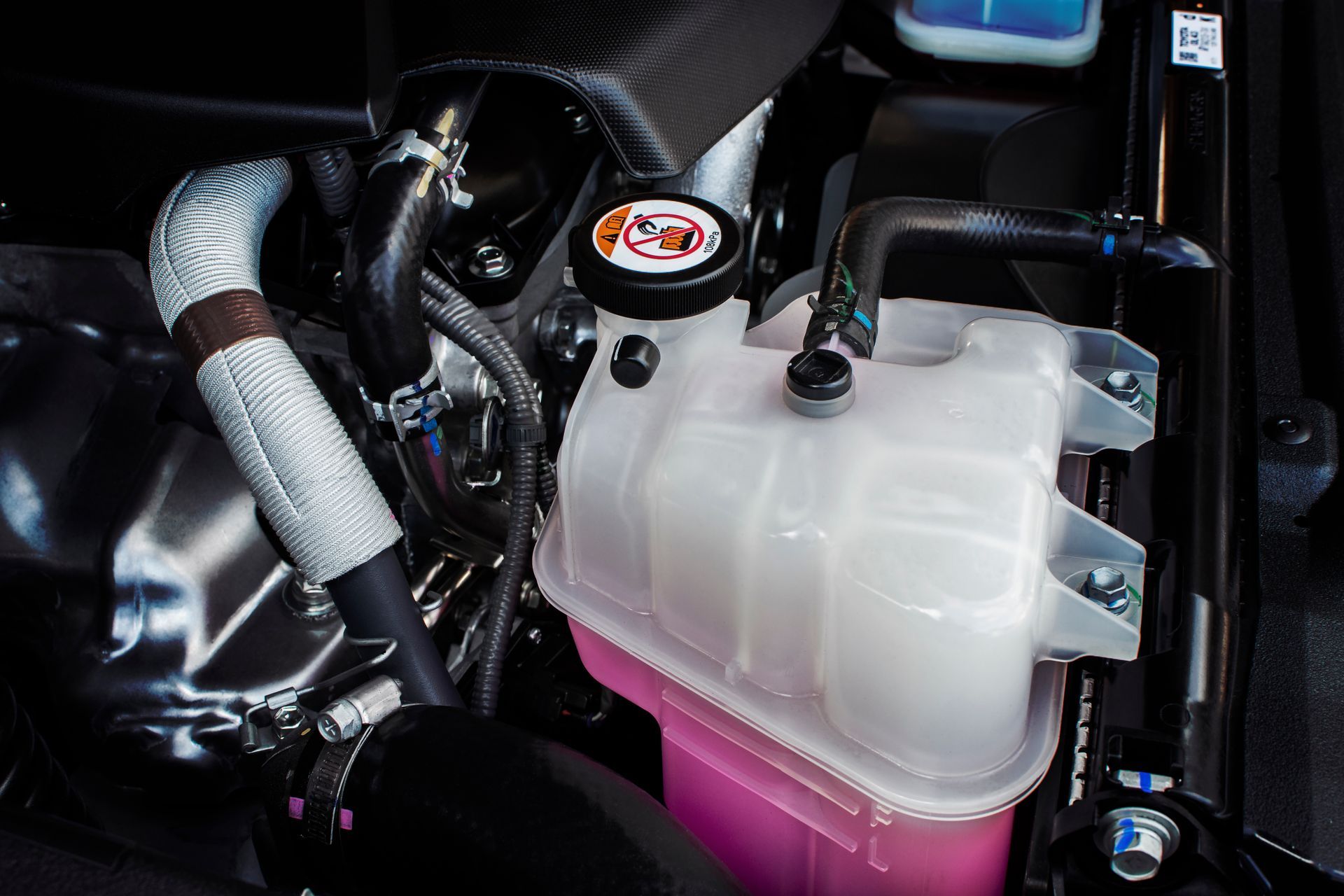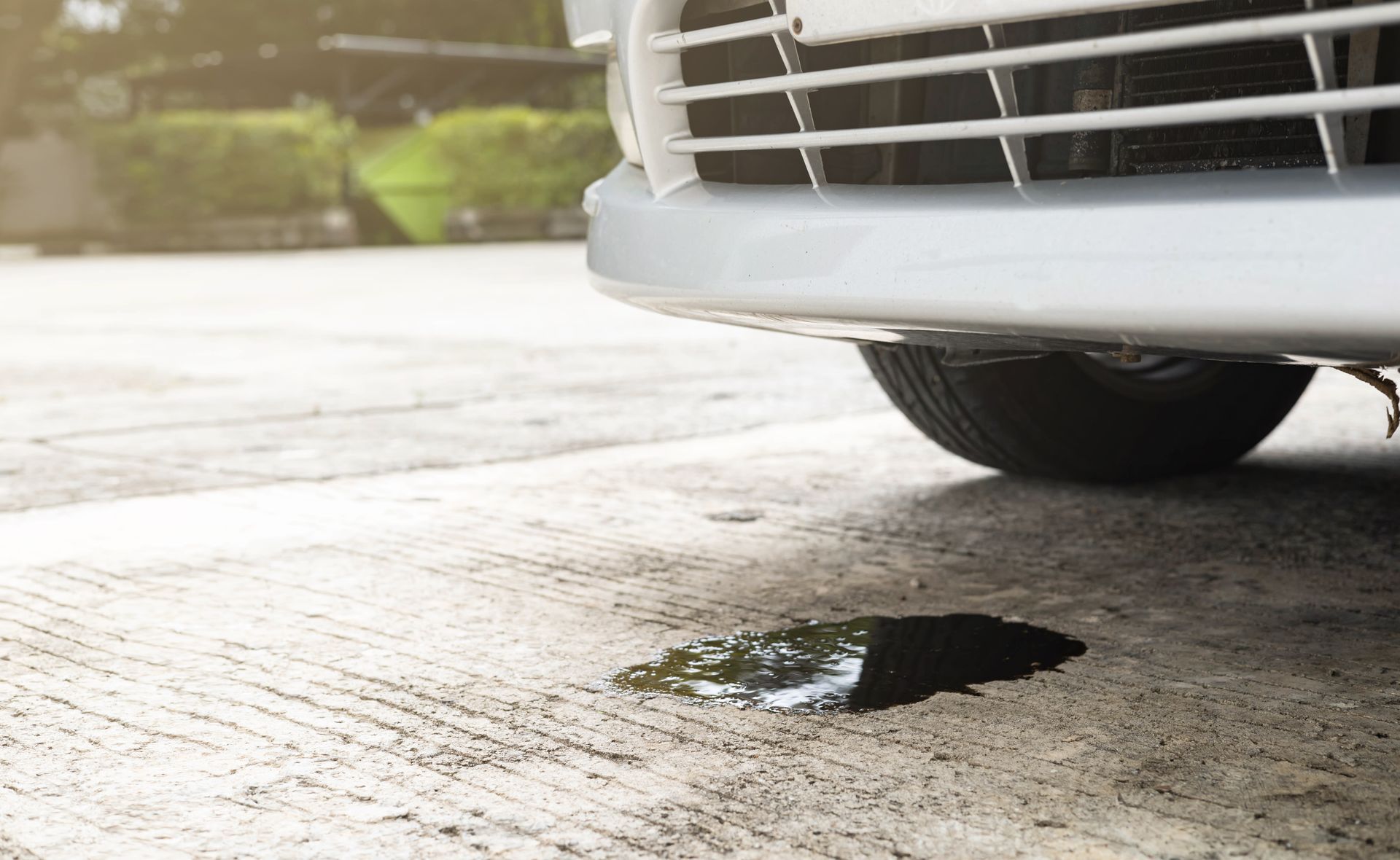Ever wondered what makes your front-wheel-drive (FWD) car tick and how to keep it in top-notch condition? Unlike their rear-wheel counterparts, FWD vehicles have their own unique quirks and needs.
Dive into the world of FWD maintenance with us, and discover how to keep your trusty vehicle running smoothly for years to come.
Understanding FWD Cars
The heart of any FWD car lies in how its power is delivered. Unlike rear-wheel or all-wheel drives, FWD vehicles channel their power to the front wheels. This design offers better traction while climbing hills and improved fuel efficiency.
However, it also means that your maintenance focus might differ slightly. The key here is to understand these differences to ensure your vehicle's longevity.
Maintenance Checks for FWD Vehicles
Tire Care and Rotation
The significance of tire maintenance in FWD cars can't be overstated. The front tires not only propel the car but also handle steering and a major portion of braking. This dual role leads to quicker wear and tear. Rotating your tires every 5,000 to 8,000 miles ensures even wear, extending their life and maintaining good handling. Keep a close eye on tire pressure, too – incorrect pressure can affect fuel efficiency, handling, and the overall lifespan of your tires.
Brake System Maintenance
Given that the front brakes in FWD cars do most of the work during braking, they tend to wear out faster than the rear brakes. Regular checks of the brake pads, discs, and fluid are crucial. Look out for signs like unusual noises, a soft brake pedal, or the car pulling to one side when braking. These could be indicators that your brake system needs attention.
Steering System Check
The steering system in FWD cars can undergo significant stress, especially in the CV (Constant Velocity) joints. These are the parts that transfer power from the transmission to the wheels. Listen for clicking noises when turning – this can be a sign of worn CV joints. Regular checks can prevent more significant issues down the road.
Electrical System Maintenance
FWD cars rely heavily on their electrical systems for various functions, from starting the engine to powering accessories. Regular checks of the battery, alternator, and starter can prevent unexpected breakdowns. Watch for signs like dimming headlights, issues with starting the car, or electrical components acting erratically.
Addressing Suspension and Alignment
FWD cars often experience different stress on their suspension systems. Pay attention to the shocks and struts. If you notice your car is not handling bumps well or is pulling to one side, it might be time for a suspension check and wheel alignment. Proper alignment not only ensures a smooth ride but also prevents uneven tire wear.
The Importance of Regular Professional Check-Ups
Even if you're a DIY enthusiast, having a professional look at your FWD car can make a difference. They can spot issues you might miss, like early signs of wear in the CV joints or problems with the transmission. Regular professional check-ups can save you time and money in the long run.
Visit
Gibbon Tire and Auto for all of your car's maintenance and repairs! Even if you have an RWD or 4x4, we do it all - just give us a call.
